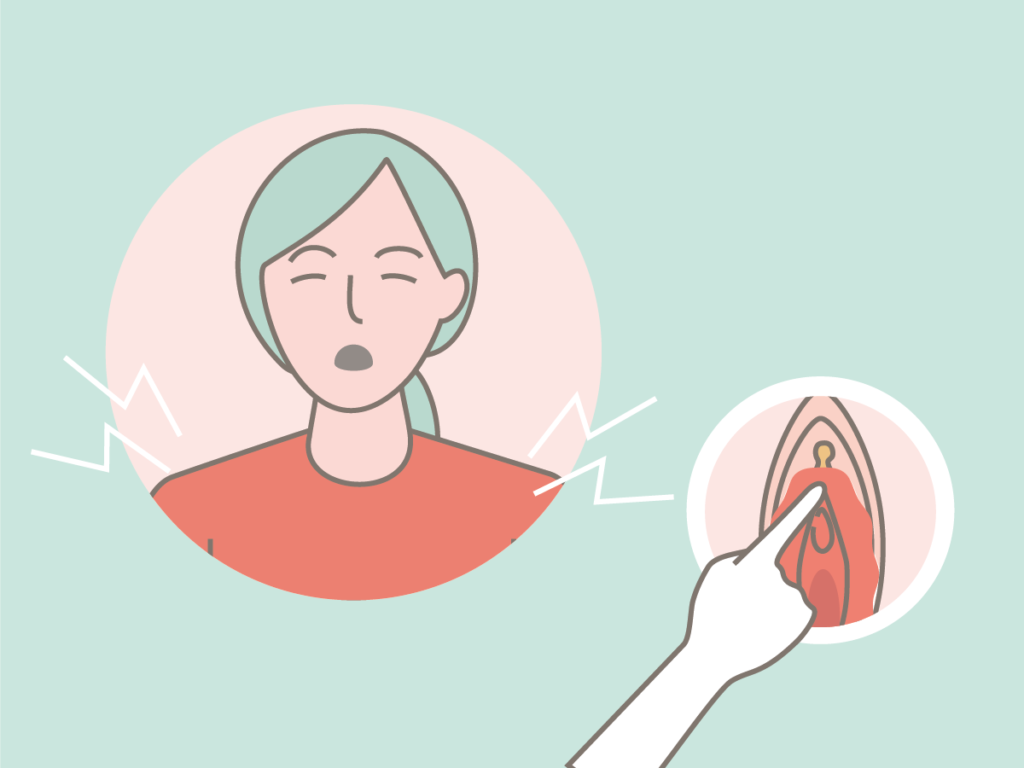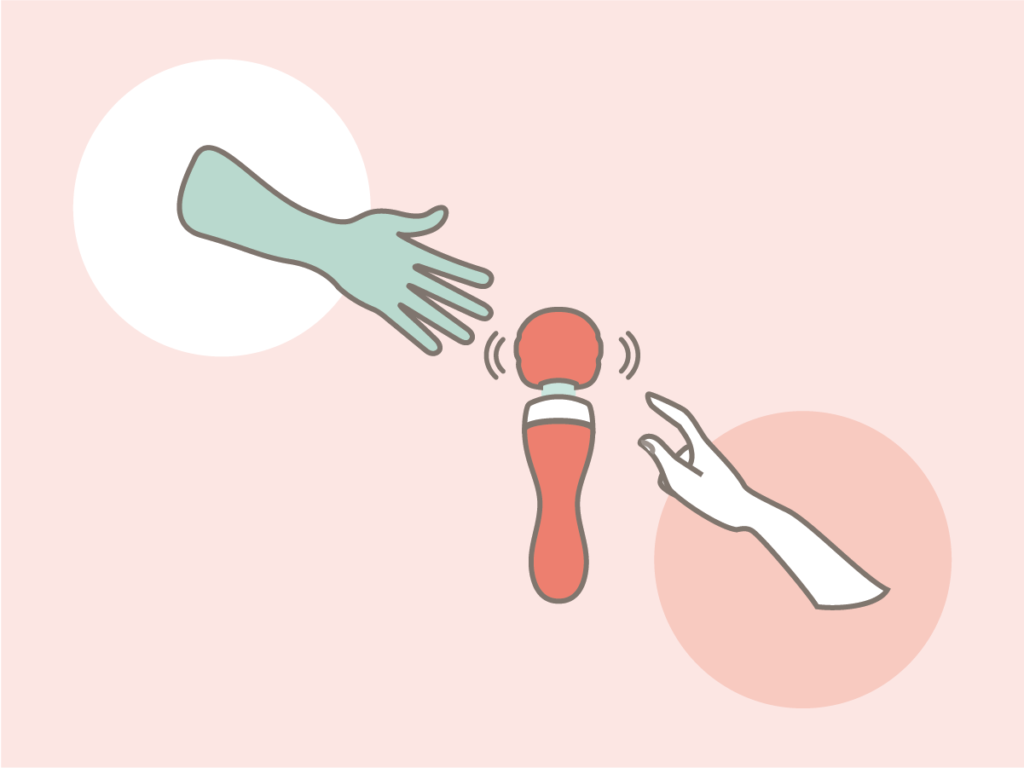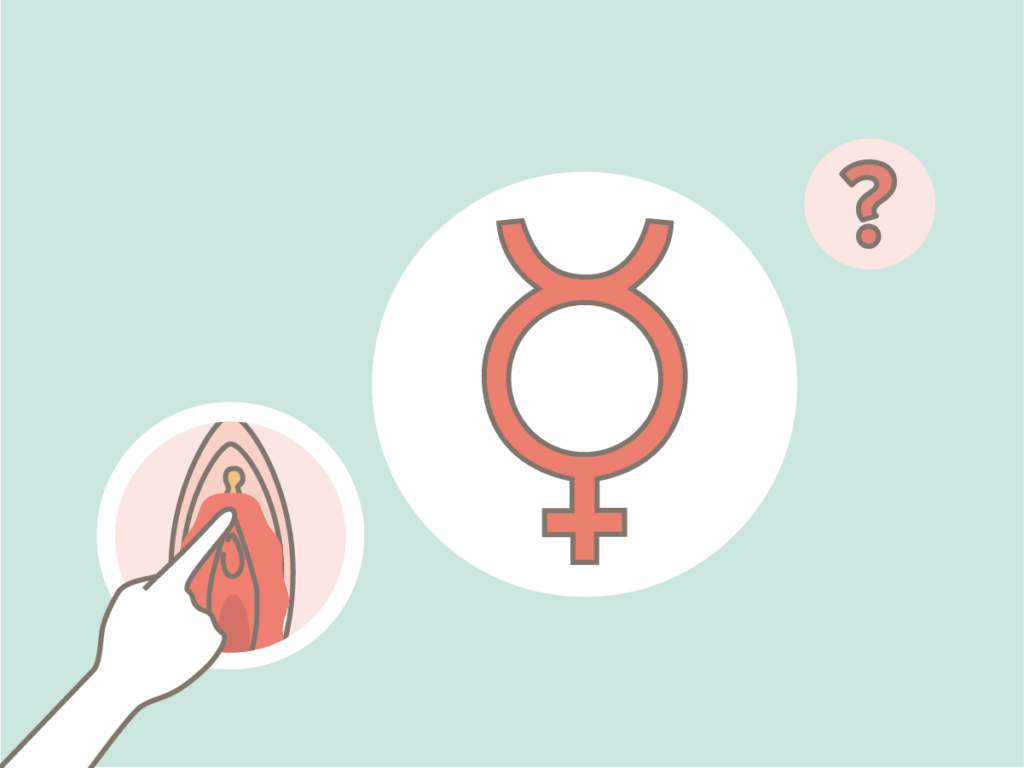Just like an orgasm, there is no ‘right’ way to bring pleasure to your body with masturbating or masturbation. While some people prefer high-intensity, fast-tracked self-pleasure sessions, many others would like to lazily stroke their bodies and spend hours teasing themselves instead. When you feel the desire to experience pleasure, there is nothing wrong with taking care of your own needs, as female masturbation is a form of self-care.

Q1. Do women actually masturbate?
Of course, women masturbate but according to conservative Indian norms, it is yet a taboo topic of discussion. Female masturbation often gets sidelined and many women do not even know the concept of orgasm. There are also a great number of women who are unfortunately unaware of the sheer pleasure their bodies can offer and thus have never even tried masturbation.

Q2. Can masturbation be the same for everyone?
Every single person is built differently. We all have our preferred ways of masturbation. The way people experience pleasure is also much different as sensitivity can vary from person to person. Some might experience strong, toe-curling orgasms while others experience a pleasant tingling sensation. Simply put, no two women follow the same masturbation techniques.

Q3. Could masturbation cause diseases?
No, the act of masturbation does not cause Sexually Transmitted Diseases (STDs). However, there are other factors at play here, the main one being hygiene. If you have the presence of certain microbes in your hands when you masturbate, it could be transferred to your genitals. It is definitely recommended to wash your hands before masturbation. If you use sex toys, make sure to clean them after every use as well. Other than that, there is nothing to worry about.

Q4. Is it normal to masturbate when in a relationship?
Yes, it is normal. Being in a relationship does not mean that you have unlimited access to your partner’s body all the time. In addition, male and female masturbation is one of the best ways to know what you like and don’t like in bed. The insights learned in your solo sessions can be incredibly useful when you are guiding your partner on how they can pleasure you.

Q5. Does masturbation mean the loss of virginity?
For female masturbation, the hymen seems to be the indicator of virginity according to traditional norms. When you insert your fingers into your vaginal canal or use a penetrative sex toy, your hymen can break. But inserting tampons, and even riding a bicycle can have the same result. Many professionals in the field of sexology and sex therapy consider the ‘loss of virginity’ as an event where a woman achieves sexual pleasure with another partner. If you are taking this as the basis of virginity, then no, masturbation does not mean you lose your virginity.

Q6. Will I orgasm after masturbating?
You are more likely to orgasm during masturbation than during sex with another partner but orgasms are not guaranteed every time you masturbate. The point of masturbation is pleasure while the orgasm is the peak of pleasure. That does not mean that you need an orgasm to experience pleasure. Giving yourself the rigid goal of achieving an orgasm can actually work against you by ruining the mood, distracting you, and adding a layer of pressure to perform. Go with the flow and enjoy the moment, regardless of whether you orgasm or not.
Our experts work round the clock to provide you with the answers that you are looking for. If you have any, leave it in the comment section below or send us a DM at @nuawoman. This is a safe space so don’t hold back on any doubts you may have about your body and mind. Read our other Community Asks here.



